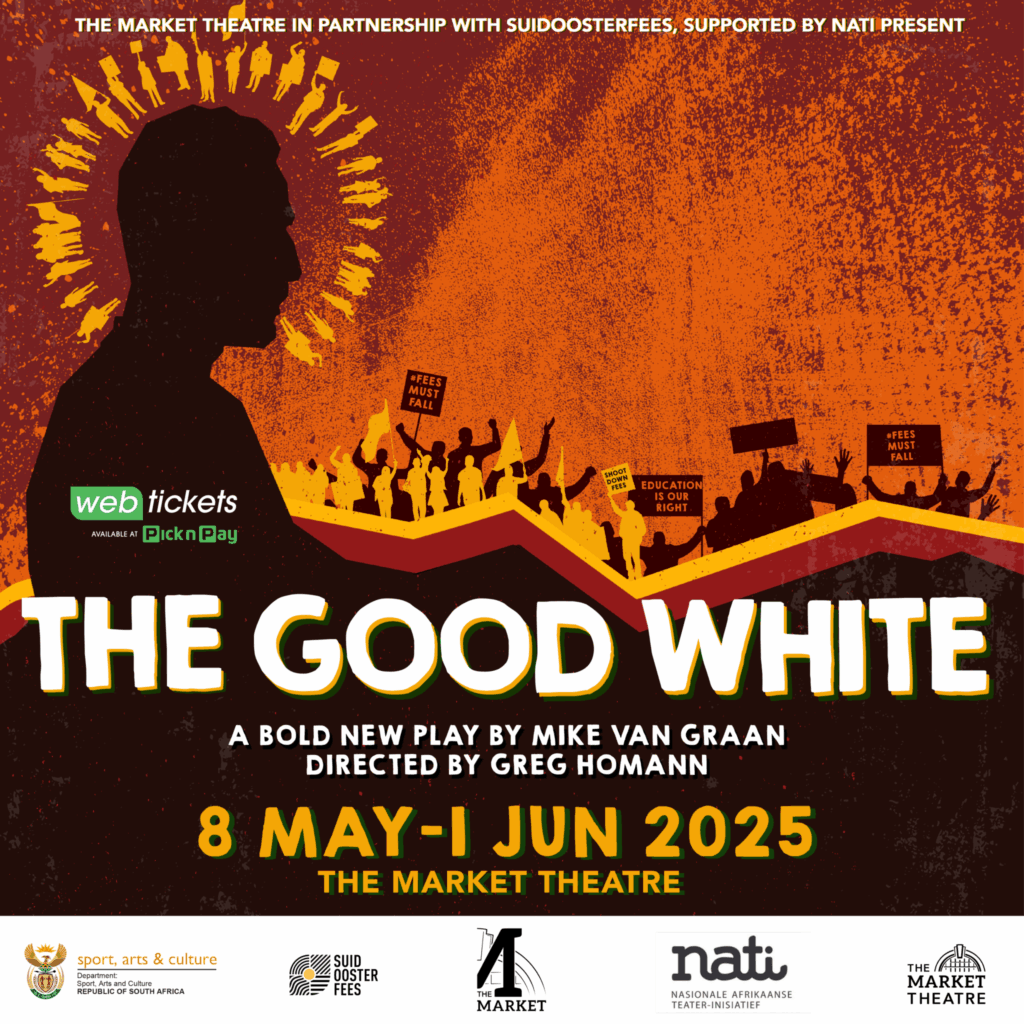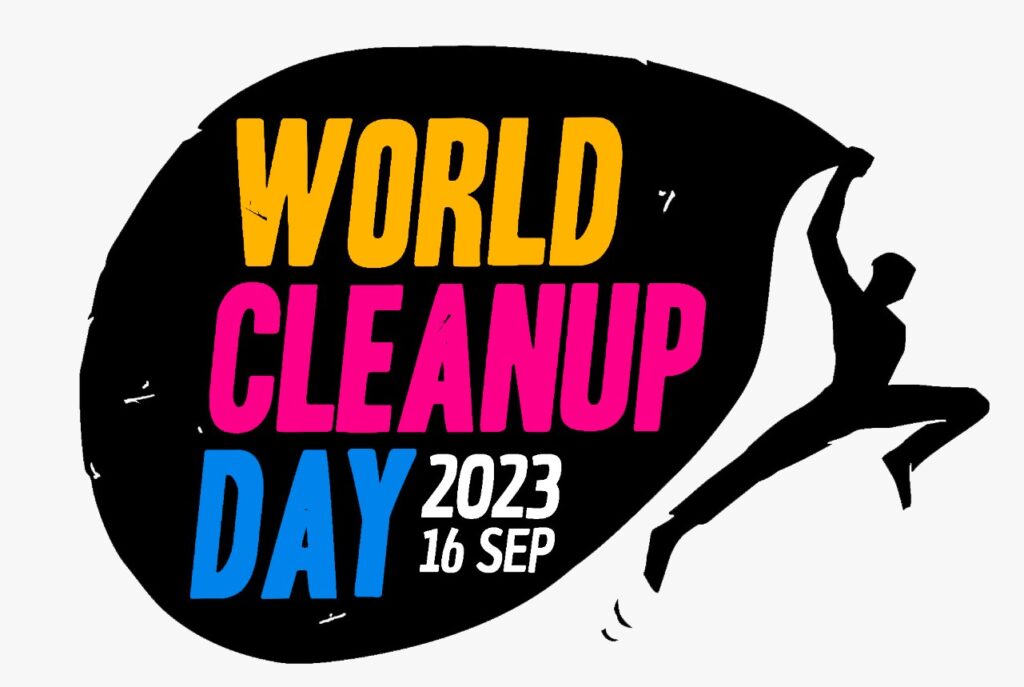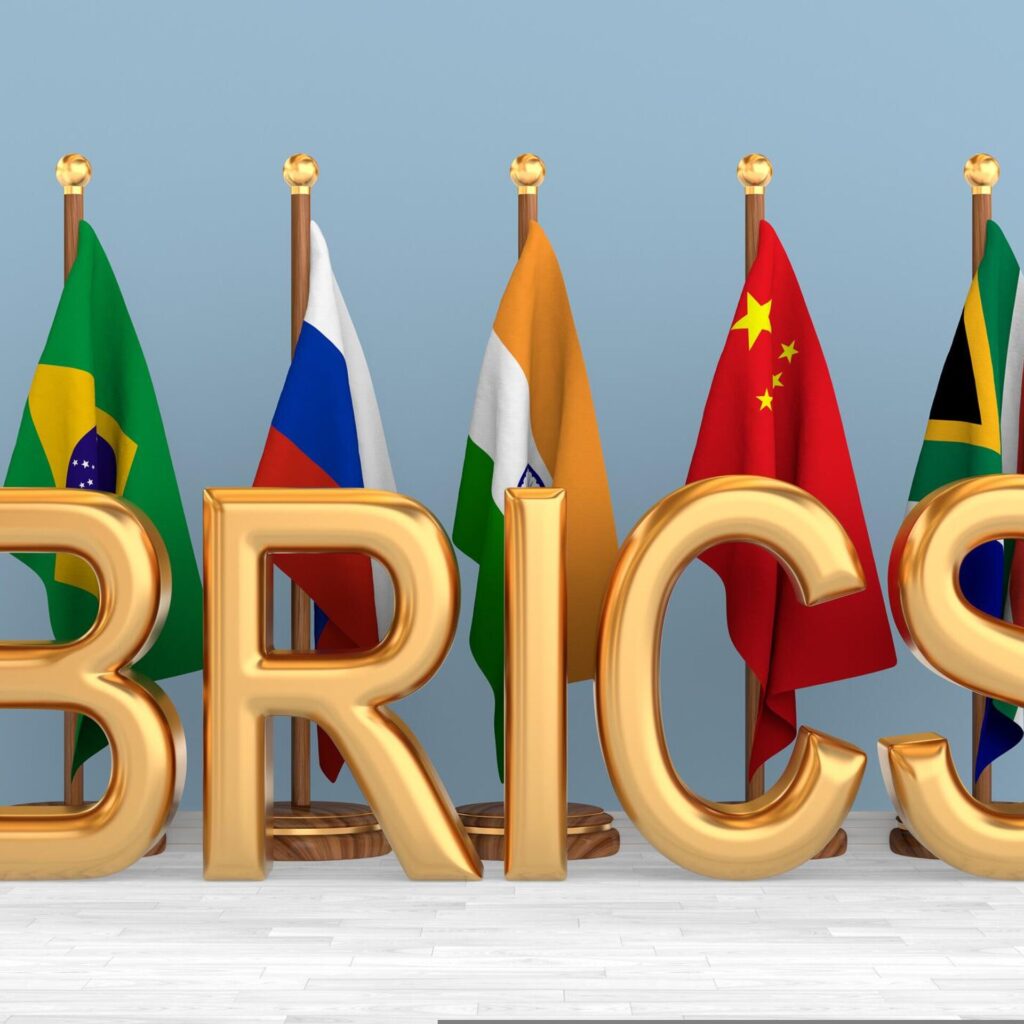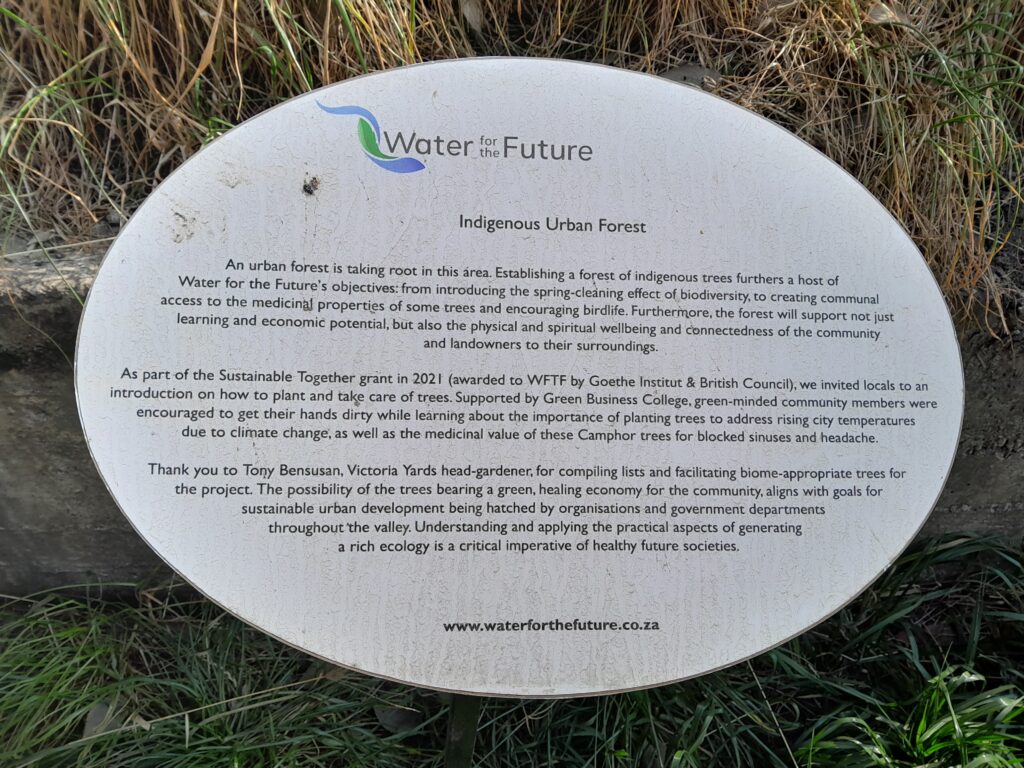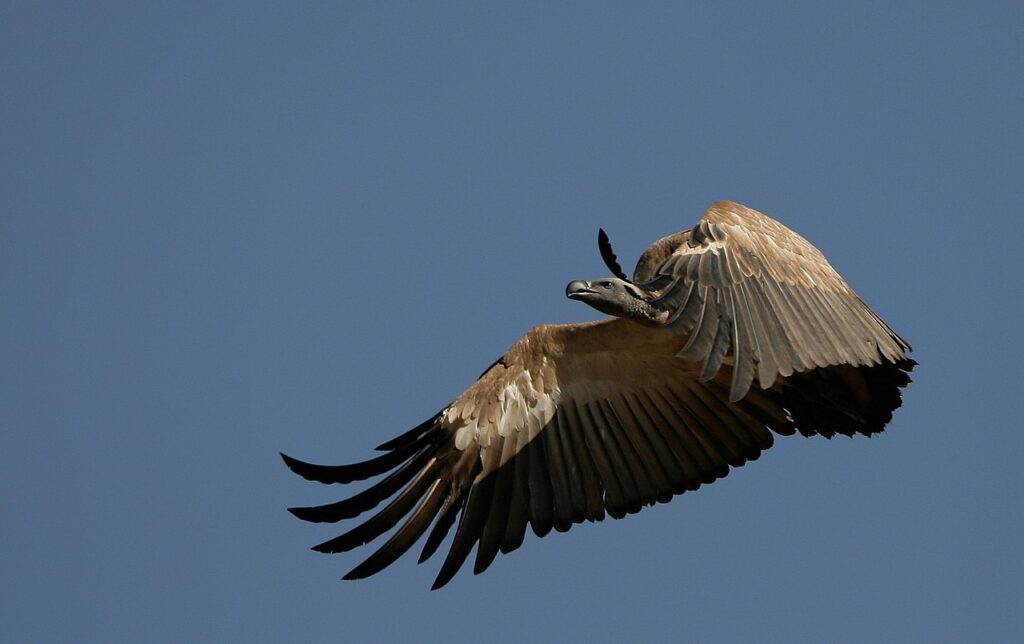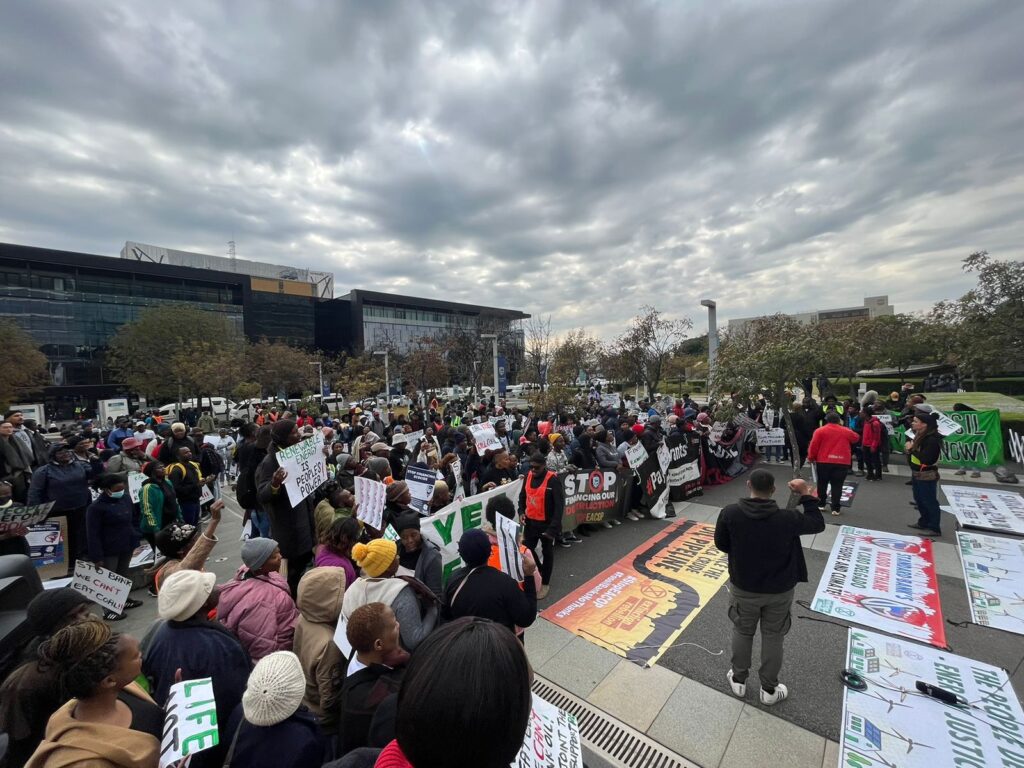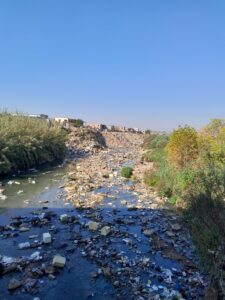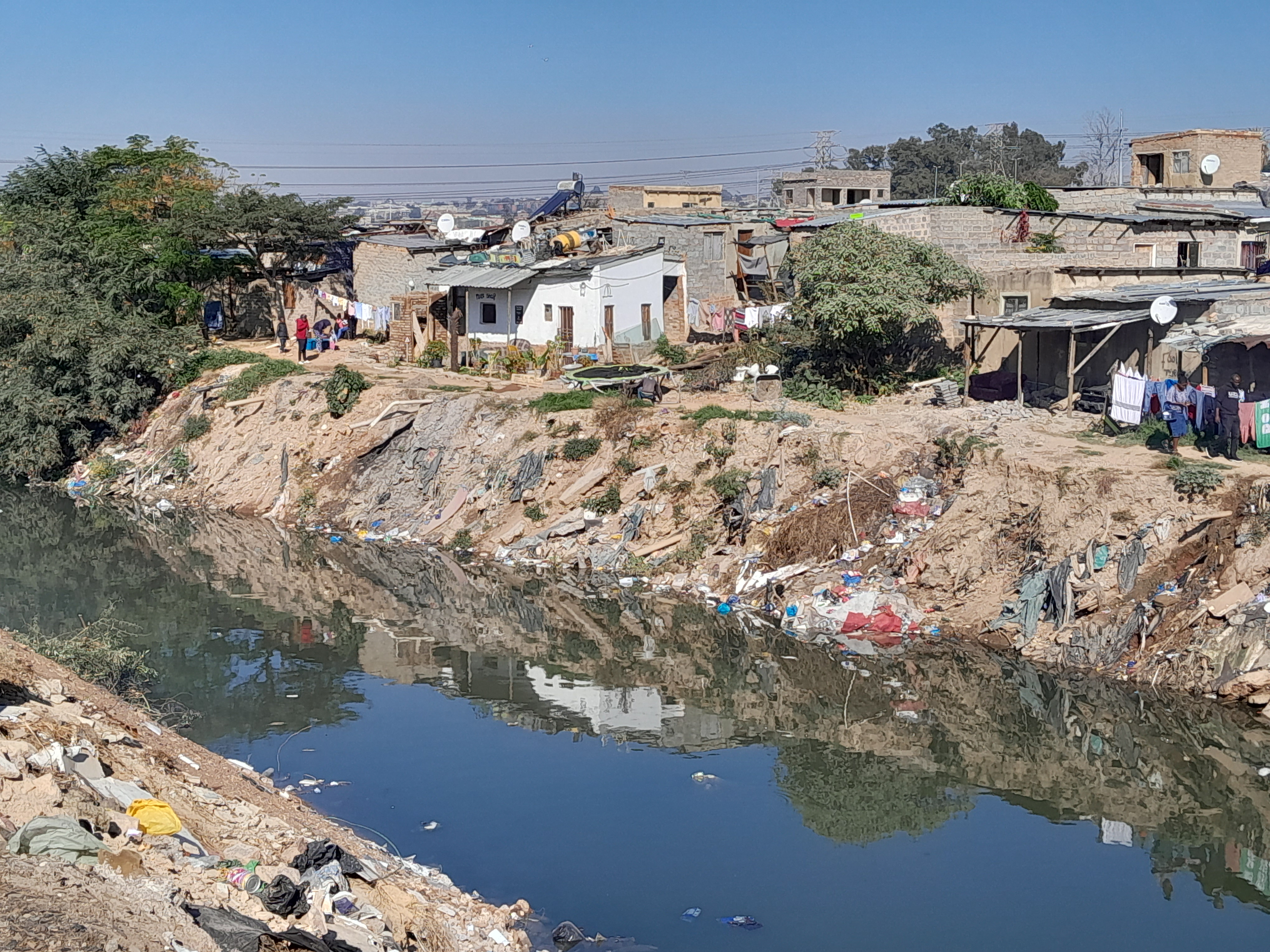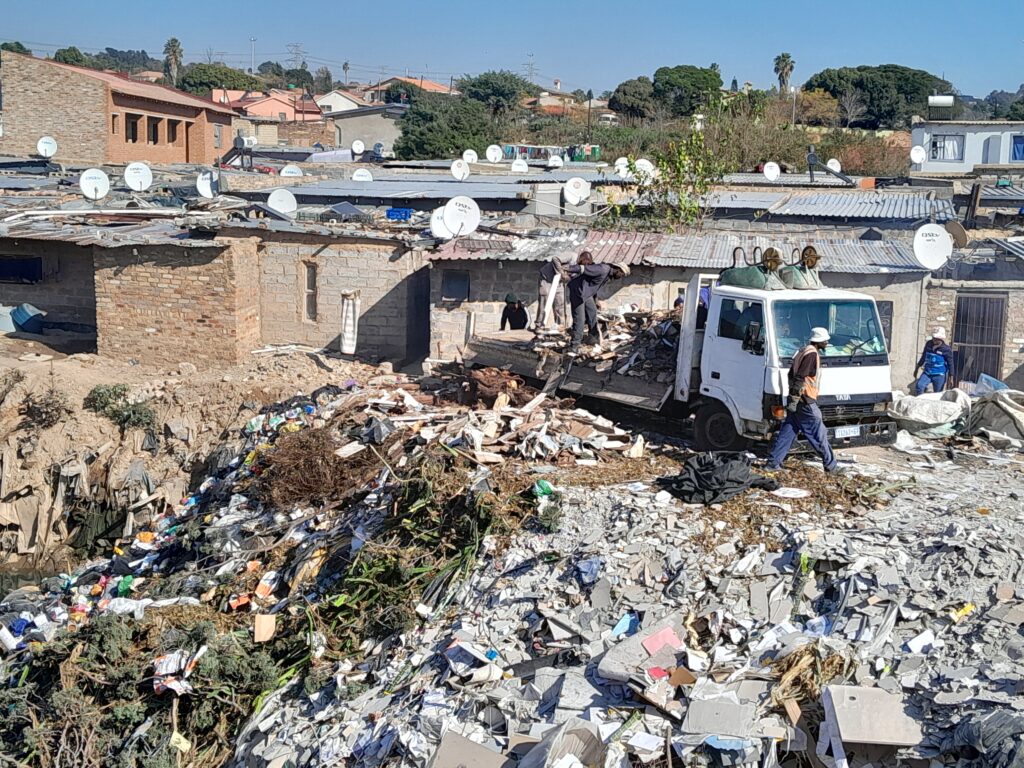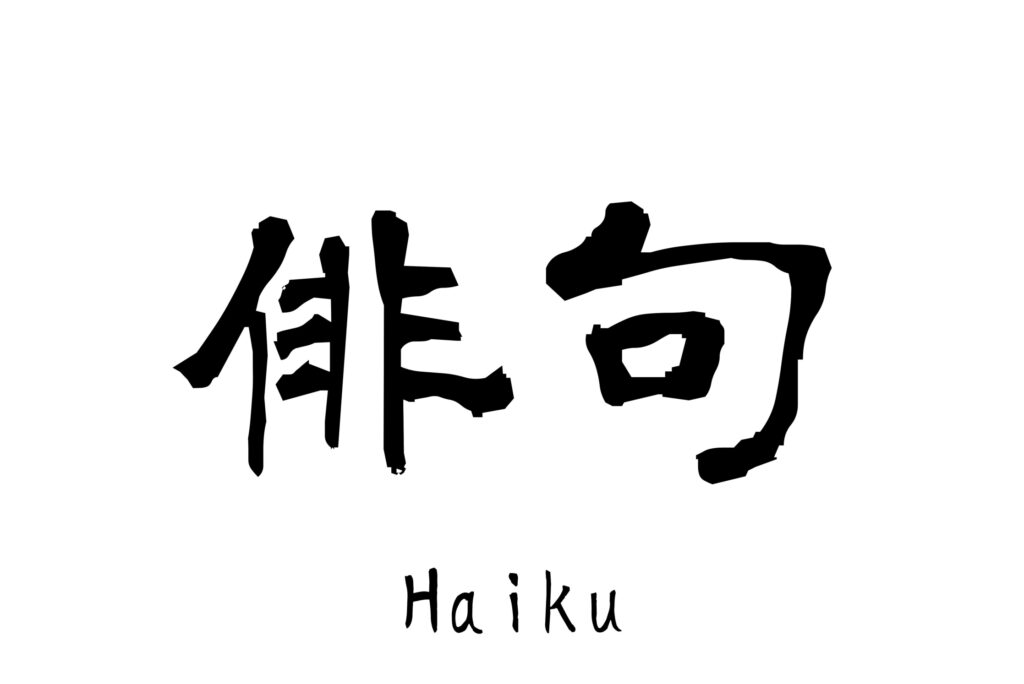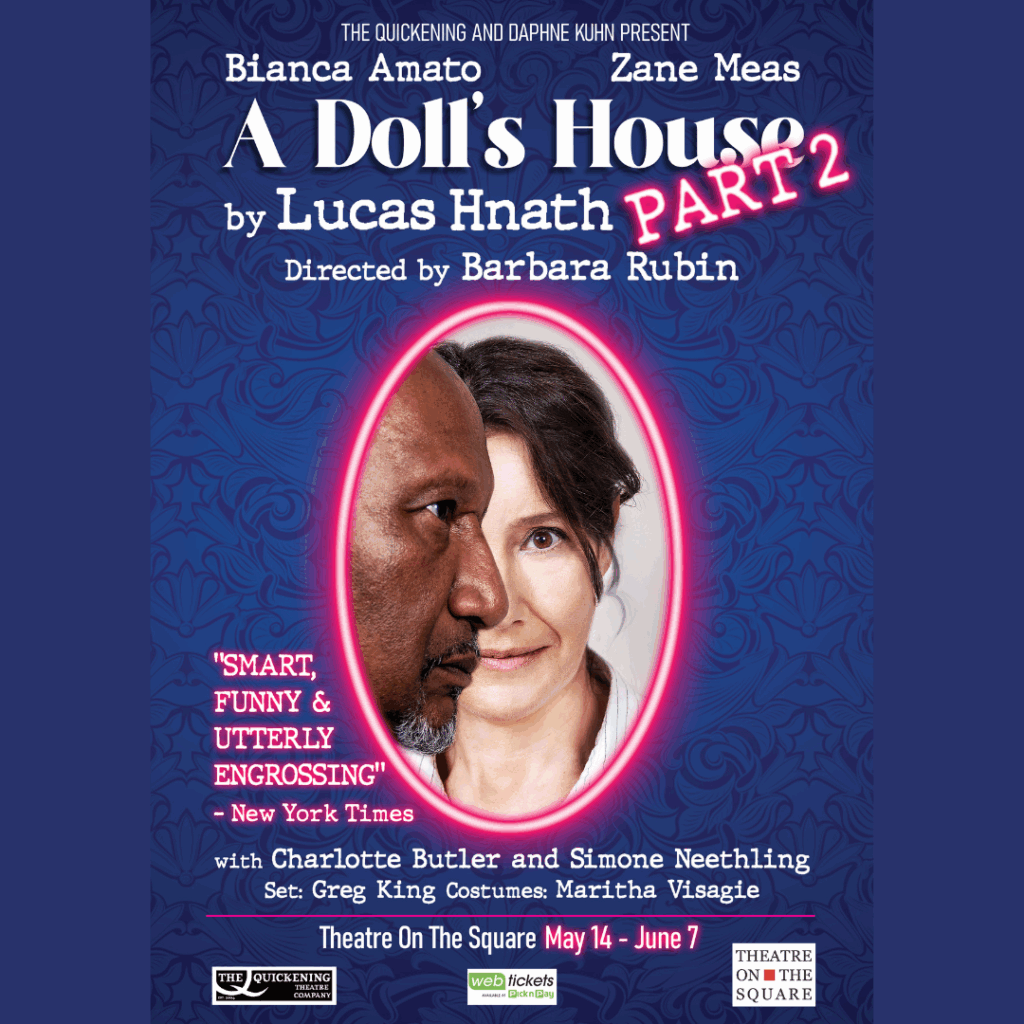
Henrik Ibsen’s original A Doll’s House shocked 19th-century audiences when Nora walked out on her husband and children to escape the suffocating role of Torvald’s wife. In doing so, Ibsen boldly challenged the norms of his time, exposing how women were boxed in by marriage and social expectations.
Read more: Review: A Doll’s House, Part 2 – Theatre on the Square, JohannesburgLucas Hnath’s sequel, A Doll’s House, Part 2, sequel fast-forwards to fifteen years after Nora’s return. What follows is sharp, smart, and surprisingly funny theatre.
The clashes between Nora, Torvald, Anne-Marie and Emmy are delicious—a tight four-hander packed with tension, wit, and questions that still hit hard today: freedom versus responsibility, love versus self, and whether you can ever truly close the door on your past.
What makes this play sing is that the arguments never sink into cliché or easy good-versus-bad binaries. Instead, it dives into the messy middle where everyone is a bit right, a bit wrong, and deeply human. There are no heroes or villains here, just four people tangled in history, hurt, and hope, trying to make sense of the choices they’ve made and the lives they’ve led.
Bianca Amato is a knockout as Nora—energetic, vibrant, and utterly believable. Her physicality speaks volumes, and she lights up every scene, balancing fierce independence with flickers of vulnerability. The rest of the cast more than holds their own, delivering strong, nuanced performances that make every argument crackle with emotional truth.
This production cleverly straddles two eras: Victorian silhouettes meet modern dialogue laced with contemporary bite. It’s a bold blend that works, making the play feel both timeless and urgently present.
Whether or not you know Ibsen, Part 2 stands strong on its own as a punchy, provocative, and brilliantly acted performance. DON’T MISS IT.
